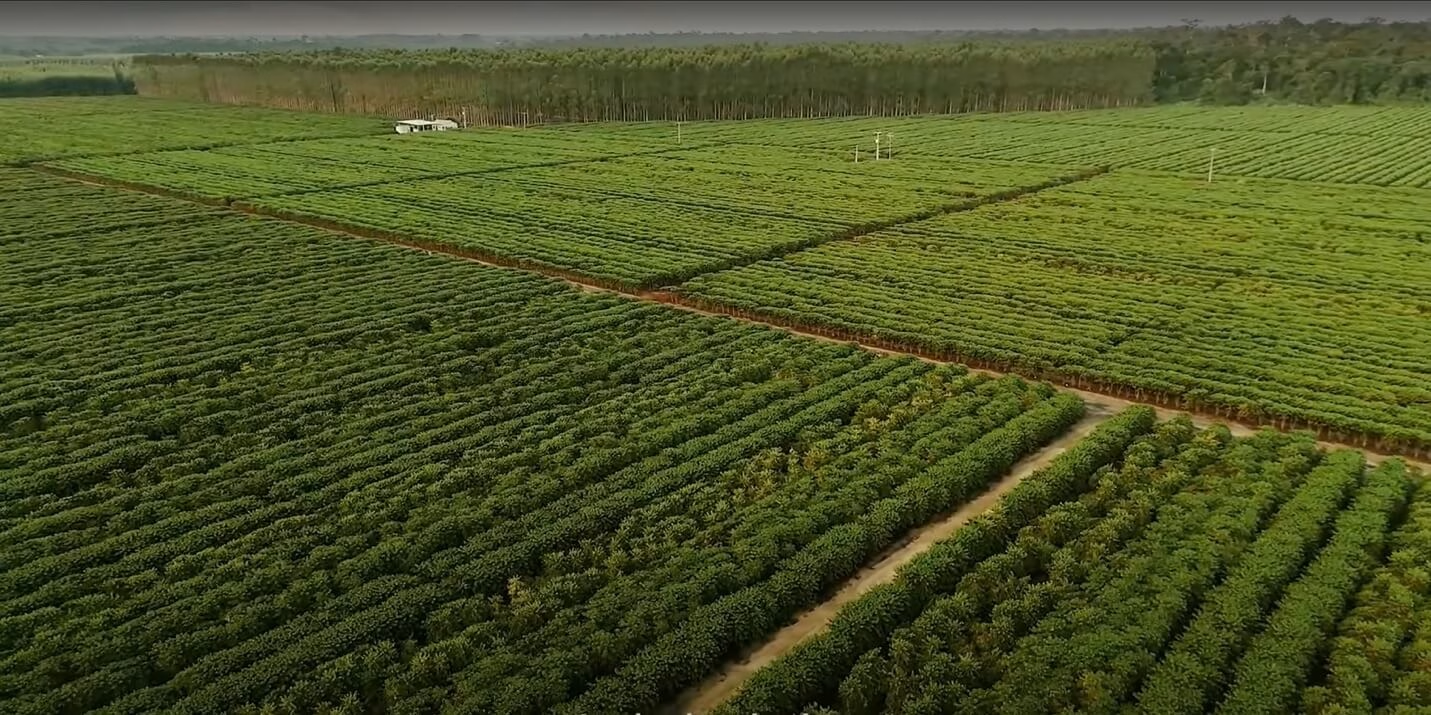Study Reveals Geoengineering Can't Safeguard Coffee, Chocolate, Wine Crops
A significant new study, released in early November 2025, unequivocally states that large-scale climate interventions, known as geoengineering, cannot protect the world’s crucial coffee, chocolate, and wine crops from the intensifying impacts of climate change. This research, published within the last 48 hours, has garnered immediate and widespread attention from the scientific community, agricultural industries, and global policymakers, underscoring profound implications for international food security and agricultural strategies.
The study, led by an international team of climate scientists and agricultural experts, utilized advanced climate models. Their work specifically simulated the effects of solar geoengineering, which involves techniques like injecting aerosols into the stratosphere to reflect sunlight, on the growing conditions for coffee, cacao (the source of chocolate), and wine grapes through the year 2050.
Dire Projections for Key Crop Regions
The findings are stark: even under aggressive geoengineering scenarios, the suitable land area for these economically vital crops is projected to decline significantly by mid-century. Researchers predict a 50–70% reduction compared to historical averages, a loss rate that closely mirrors projections for high-emissions scenarios without any geoengineering interventions.
Specifically quantified, the research highlighted several critical declines:
-
Coffee: Up to 60% of current coffee-growing regions across Latin America, Africa, and Southeast Asia are projected to become unsuitable by 2050, even with geoengineering.
-
Cacao (chocolate): West Africa, a region responsible for over 70% of the world’s cacao, could experience a 55% reduction in suitable land.
-
Wine Grapes: Iconic wine-producing regions in France, Italy, California, and Australia face the potential loss of up to 68% of their optimal growing area.
Expert Reactions and Market Volatility
Independent experts have echoed these concerns. Dr. James Lee of the University of Cambridge characterized the findings as "a wake-up call for policymakers and industry leaders who may see geoengineering as a shortcut to climate adaptation." This research stands out as the first to combine high-resolution crop suitability models with multiple geoengineering scenarios, offering crop-specific, regionally detailed projections. It also considered impacts on crop quality, noting that geoengineering might worsen quality by altering rainfall patterns and increasing extreme weather events.
Following the study’s release on November 5, 2025, global commodity markets reacted swiftly. Coffee and chocolate futures saw a sharp uptick in trading volume and price volatility. The International Coffee Organization promptly issued a statement, urging governments to prioritize robust emissions reductions and sustainable adaptation strategies over unproven geoengineering fixes. Similarly, wine industry groups expressed significant apprehension. The French Wine Federation remarked that the research “confirms our fears that technological fixes cannot replace the need for deep climate action.”
On November 6, 2025, the United Nations Food and Agriculture Organization (FAO) released its own statement, emphasizing that the study “underscores the urgent need for comprehensive climate action to safeguard global food and beverage security.” Social media platforms also reflected public sentiment, with trending hashtags like #SaveCoffee and #NoSilverBullet, calling for aggressive climate mitigation efforts. Agricultural experts are now stressing the urgent need for investments in crop diversification, genetic adaptation, and sustainable farming practices to navigate these challenges.
